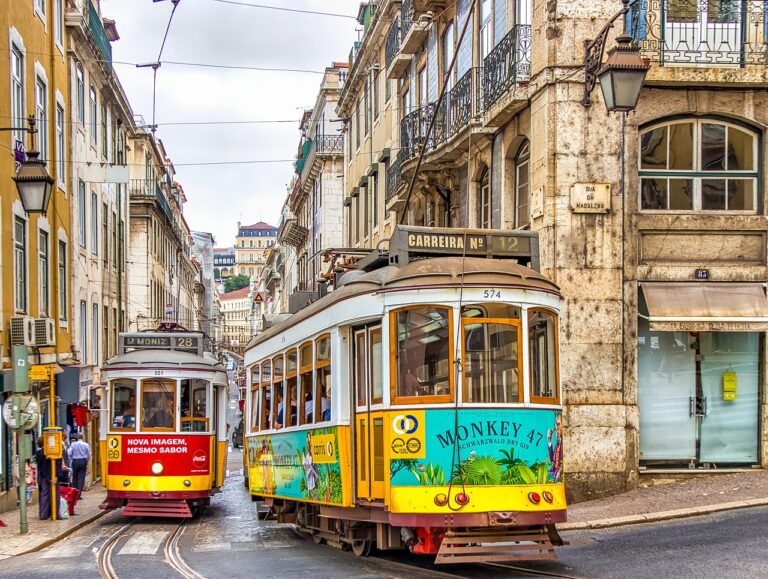Exploring Iconic Pilgrimage Routes: A Religious Journey
One of the most popular pilgrimage routes is the Camino de Santiago in Spain. This ancient trail, also known as the Way of St. James, leads to the shrine of the apostle St. James in Santiago de Compostela. Pilgrims from all over the world undertake this journey for various reasons, whether spiritual, cultural, or personal.
Another significant pilgrimage route is the Hajj, the annual Islamic pilgrimage to Mecca in Saudi Arabia. It is one of the five pillars of Islam and is a mandatory religious duty for Muslims who are physically and financially able to undertake the journey. The Hajj takes place during the Islamic month of Dhu al-Hijjah and attracts millions of pilgrims each year, making it one of the largest gatherings of people in the world.
The Importance of Pilgrimage in Various Religions
Pilgrimage holds significant importance in various religions, serving as a spiritual journey that deepens faith and connection to the divine. For many believers, embarking on a pilgrimage is a way to seek blessings, forgiveness, or enlightenment by visiting sacred sites or performing religious rituals. The act of pilgrimage is often seen as a way to demonstrate devotion and commitment to one’s faith, with the journey itself considered as a form of spiritual purification.
In Christianity, pilgrimages are crucial as they provide opportunities for believers to walk in the footsteps of Jesus or visit sites associated with saints and biblical events. The pilgrimage to Mecca, known as the Hajj, is one of the Five Pillars of Islam and is mandatory for every able-bodied Muslim who can afford to make the journey. This communal act of worship unites Muslims from diverse backgrounds and serves as a reminder of the equality and unity of all believers in the eyes of Allah.
What is the significance of pilgrimage in various religions?
Pilgrimage is seen as a way to deepen one’s faith, seek spiritual growth, and connect with historical and sacred sites in various religions.
Are there specific pilgrimage routes that are popular around the world?
Yes, there are key pilgrimage routes like the Camino de Santiago in Spain, the Hajj to Mecca in Islam, the Kumbh Mela in Hinduism, and the Via Dolorosa in Christianity.
How do pilgrims prepare for their journey?
Pilgrims often engage in spiritual practices, undergo physical training, and make logistical arrangements such as accommodations and travel plans before embarking on their pilgrimage.
Do all religions place importance on pilgrimage?
While pilgrimage is significant in many religions, not all religions require or emphasize pilgrimage as a central tenet of faith.
Can non-believers participate in pilgrimages?
Yes, non-believers are welcome to participate in pilgrimages for cultural, historical, or personal reasons, as long as they respect the sacred nature of the sites and practices.





